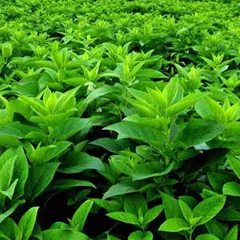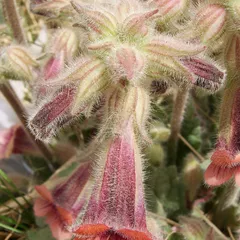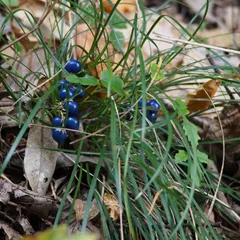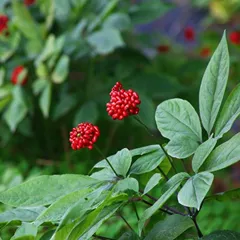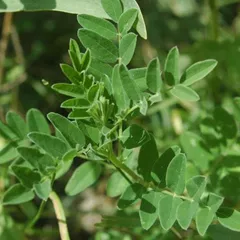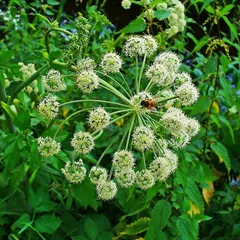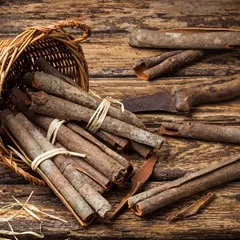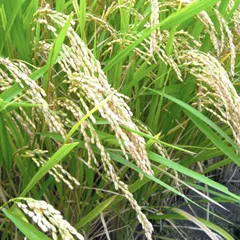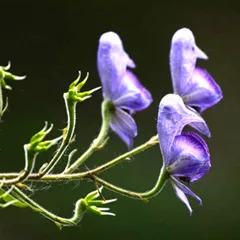Sheng Mai San
Sheng Mai San
Chinese: 生脉散
Pinyin: Shēng Mài Sàn
Other names: Generate the Pulse Powder, Ginseng and Ophiopogon Powder, Ginseng and Dwarf lilyturf Powder, Generate the Pulse Drink, Ginseng Powder to Generate the Pulse,
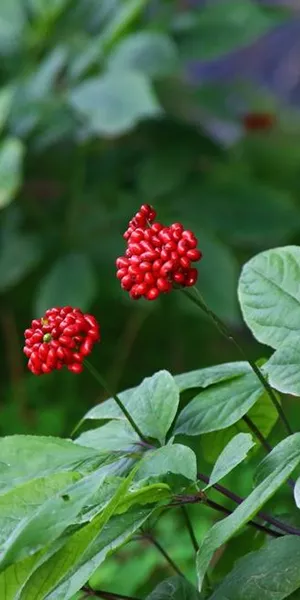
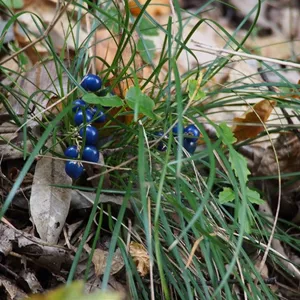
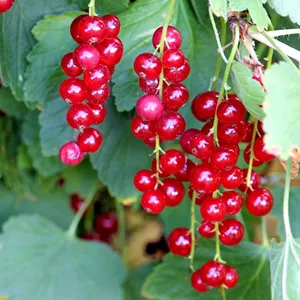
Sheng Mai San
Sheng Mai San
Chinese: 生脉散
Pinyin: Shēng Mài Sàn
Other names: Generate the Pulse Powder, Ginseng and Ophiopogon Powder, Ginseng and Dwarf lilyturf Powder, Generate the Pulse Drink, Ginseng Powder to Generate the Pulse,
Number of ingredients: 3 herbs
Formula category: Formulas that tonify Qi
Conditions for which it may be prescribed: MyocarditisHeart arrhytmiasChronic bronchitis and five other conditions
- Augments Qi
- Supplies the Yin
- Stops excessive sweating
- Generates Body Fluids
Contraindications: Contraindicated when there are high fever or where the pathogenic influence has... Contraindicated when there are high fever or where the pathogenic influence has not been resolved or has yet to injure the Body Fluids. It will prolong the disease if the formula is used where the external pathogenic influence remains in the system. see more
Source date: Yuan Dynasty
Source book: Expounding on the Origins of Medicine
The information provided here is not a replacement for a doctor. You shouldn't use it for the purpose of self-diagnosing or self-medicating but rather so you can have a more informed discussion with a professional TCM practitioner.
Sheng Mai San is a 3-ingredient Chinese Medicine formula with Ginseng (Ren Shen) as a principal ingredient.
Invented in Yuan Dynasty, it belongs to the category of formulas that tonify Qi. Its main actions are: 1) augments Qi and 2) supplies the Yin.
In Chinese Medicine health conditions are thought to arise due to "disharmonies" in the body as a system. These disharmonies are called "patterns" and the very purpose of herbal formulas is to fight them in order to restore the body's harmony.
In this case Sheng Mai San is used by TCM practitioners to fight patterns like Lung Yang Deficiency. From a Western Medicine standpoint, such patterns can give rise to a range of conditions such as coronary artery disease, acute myocardial infarction or myocarditis for instance.
On this page, after a detailed description of each of the three ingredients in Sheng Mai San, we review the patterns and conditions that Sheng Mai San helps treat.
The three ingredients in Sheng Mai San
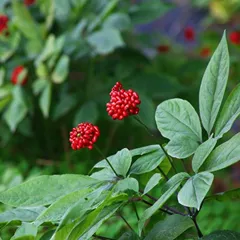
Ren Shen is a king ingredient in Sheng Mai San. Like the name indicates, it means it has more power than other ingredients in the formula.
1. Ginseng (Ren Shen)
Part used: Dried root
Nature: Warm
Meridian affinity: HeartLungSpleen
Category: Tonic herbs for Qi Deficiency
Ren Shen strongly tonifies the source Qi and strengthens the Qi so as to generates Body Fluids. The depute herb Dwarf lilyturf root is more on creating the Fluids directly. The combination of the two herbs give a strong effect on Body Fluids generating. The Lung Qi is replete when the source Qi is strong. Therefore, the Lungs can easily regulates the interstices and pores so as to contain Body Fluids between the skin and muscles. The herb also calms the spirit. This is a well balanced formula. The key herb tonifies, the deputy clears, and the assistant restrains leakage.
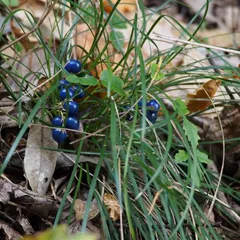
Mai Dong is a deputy ingredient in Sheng Mai San. This means it helps the king ingredient(s) treat the main pattern or it serves to treat a coexisting pattern.
2. Dwarf Lilyturf Roots (Mai Dong)
Part used: Dried root tuber
Nature: Cool
Meridian affinity: HeartLungStomach
Category: Tonic herbs for Yin Deficiency
Mai Dong nourishes the Yin and moistens the
Lungs. It also supports the Stomach by generates Body Fluids directly. While the key herb Ginseng of the formula creates Fluids indirectly. The combination of the two herbs give a strong effect on generating Body Fluids. The herb can also clears Heart Heat or Fire to eliminate irritability.
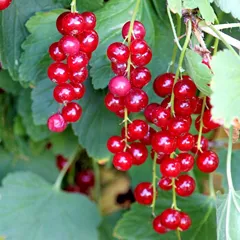
Wu Wei Zi is an assistant ingredient in Sheng Mai San. This means that it either serves to reinforces the effect of other ingredients or it moderates their toxicity.
3. Schisandra Berries (Wu Wei Zi)
Part used: Dried ripe fruits
Nature: Warm
Meridian affinity: HeartKidneyLung
Category: Herbs that stabilize and bind
Wu Wei Zi prevents the leakage of Lung Qi and generates Kidneys Body Fluids. By tonifying the Kidneys, it also checks
the excessive Qi ascent. In working with the deputy herb Dwarf lilyturf root, it is very effective in generating Body Fluids. Together with
the key herb Ginseng, it helps to restore the injured Qi and Yin.
Sheng Mai San is used to treat Lung Yang Deficiency
It's important to remember that herbal formulas are meant to treat patterns, not "diseases" as understood in Western Medicine. According to Chinese Medicine patterns, which are disruptions to the body as a system, are the underlying root cause for diseases and conditions.
As such Sheng Mai San is mostly used to treat the pattern "Lung Yang Deficiency" which we describe below.
But before we delve into Lung Yang Deficiency here is an overview of the Western conditions it is commonly associated with:
Coronary artery disease Acute myocardial infarction Myocarditis Heart arrhytmias Congestive heart disease Chronic bronchitis Pulmonary tuberculosis Cardiopulmonary disease
Again it wouldn't be correct to say "Sheng Mai San treats coronary artery disease" for instance. Rather, Sheng Mai San is used to treat Lung Yang Deficiency, which is sometimes the root cause behind coronary artery disease.
Now let's look at Lung Yang Deficiency, a pattern that TCM practitioners commonly treat with Sheng Mai San.
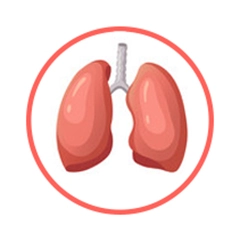
The Lungs is a so-called "Zang" Organ. Learn more about the Lungs in Chinese Medicine
Lung Yang Deficiency
Pulse type(s): Slow (Chi), Slowed-down (Huan), Wiry (Xian)
Symptoms: Fatigue Wheezing No thirst Cold limbs Weak voice Poor appetite Pale complexion Frequent urination Shortness of breath Spontaneous sweating Frequent Colds or Flu Coughing with copious clear thin sputum
Sheng Mai San is sometimes prescribed by TCM practitioners to treat Lung Yang Deficiency. This pattern leads to symptoms such as coughing with copious clear thin sputum, cold limbs, spontaneous sweating and frequent colds or flu. Patients with Lung Yang Deficiency typically exhibit slow (Chi), slowed-down (Huan) or wiry (Xian) pulses.
The general symptom of Lung Yang Deficiency is coughing and wheezing with profuse sputum, but the sputum is thin and watery. There is also Cold characters such as cold limbs and back, feeling of cold and easy to get cold or flu. It is because the lacking of Yang fails to warm the body.
If this... read more about Lung Yang Deficiency
Formulas similar to Sheng Mai San
Zeng Ye Tang is 33% similar to Sheng Mai San
Tong Ru Dan is 33% similar to Sheng Mai San
Ren Shen Dang Gui Tang is 33% similar to Sheng Mai San
Mai Men Dong Tang is 33% similar to Sheng Mai San
Shen Fu Tang is 33% similar to Sheng Mai San
Du Shen Tang is 33% similar to Sheng Mai San

